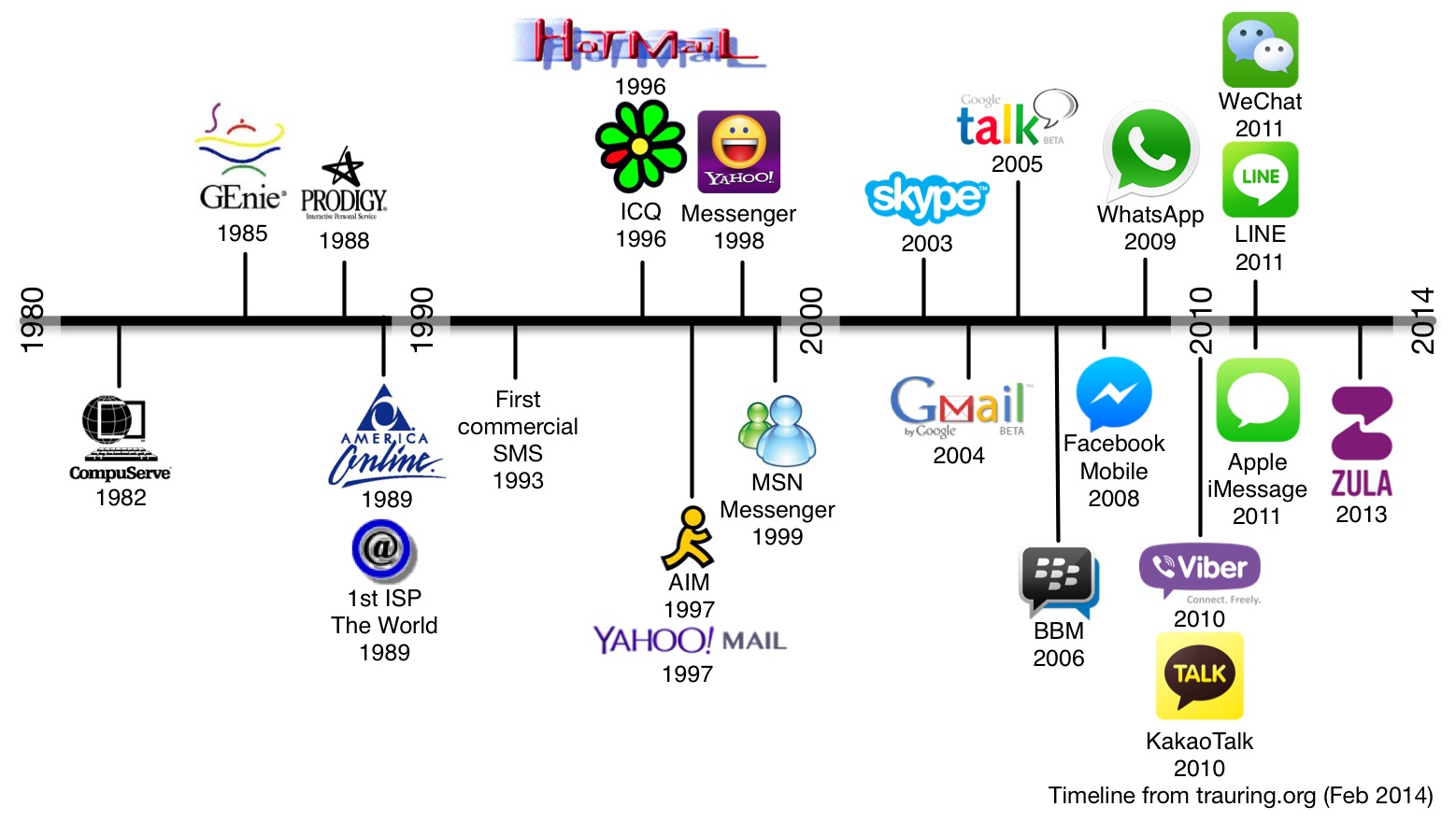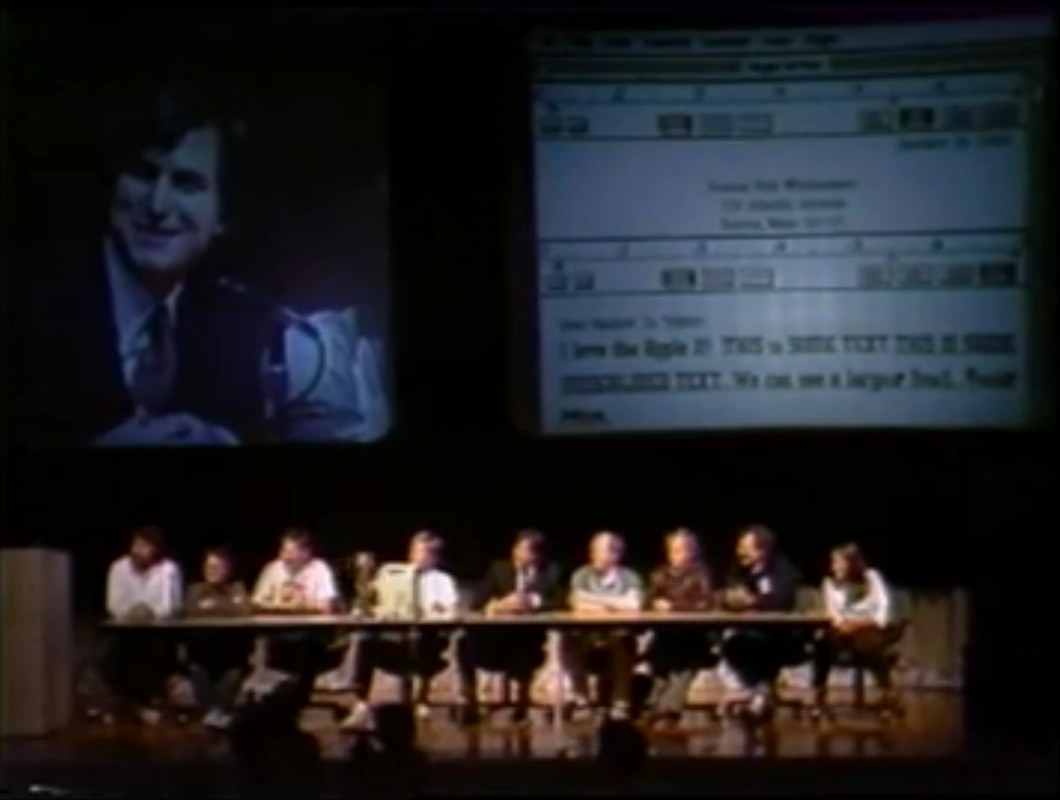More than I wanted to know about Twitter
While I've used Twitter since 2007, I was generally a fairly passive user. One account I used was mainly automated postings from another blog of mine, and the account I'm now using was largely dormant. My original account I just used to follow people and read their tweets. Recently, I've decided to build up @trauring as my tech-focused account, and I've been trying to learn the intricacies of the world of Twitter. As part of that I've been trying to watch who follows me, and in general I want to determine what I do that causes more people to follow me. When I post an article on this site or tweet a tweet, what topics result in more followers? It's a bit narcissistic perhaps, but I look at it as a temporary experiment and challenge. Eventually I'll get the hang of things and leave well enough alone. It was thus with some amusement that I've been watching some of the accounts that have been following me. I say accounts, not people, because clearly some of these accounts are not real people. Today I noticed two new followers, Reita and Jed. What was so unusual about Reita and Jed? Here's what…




